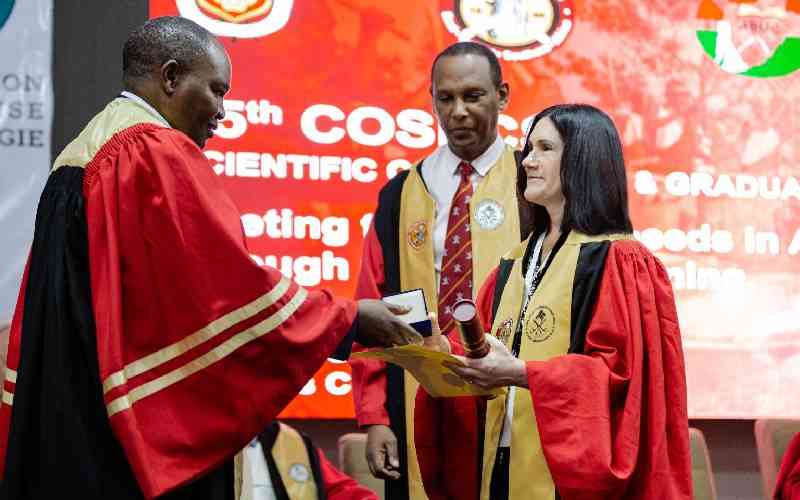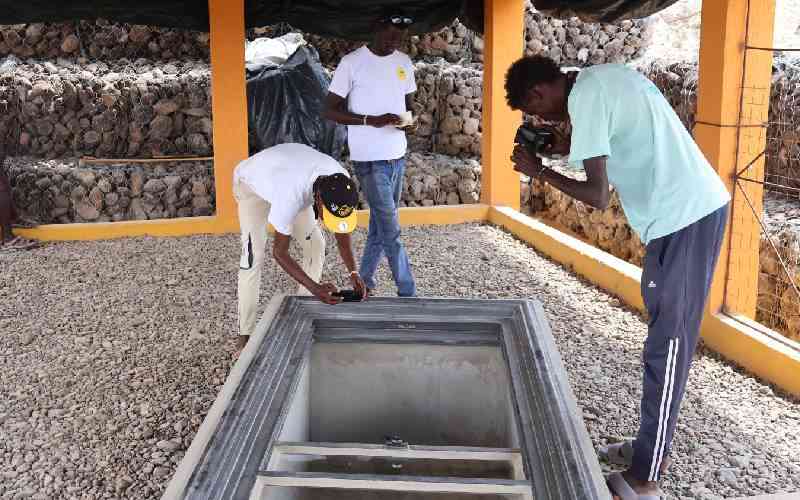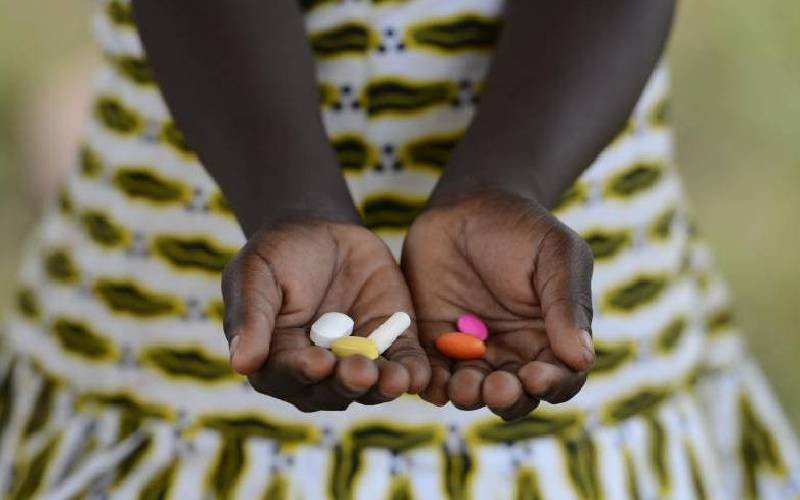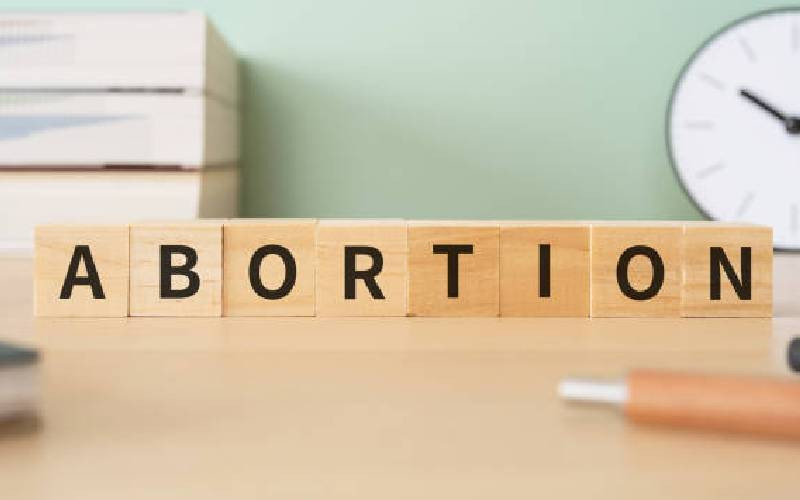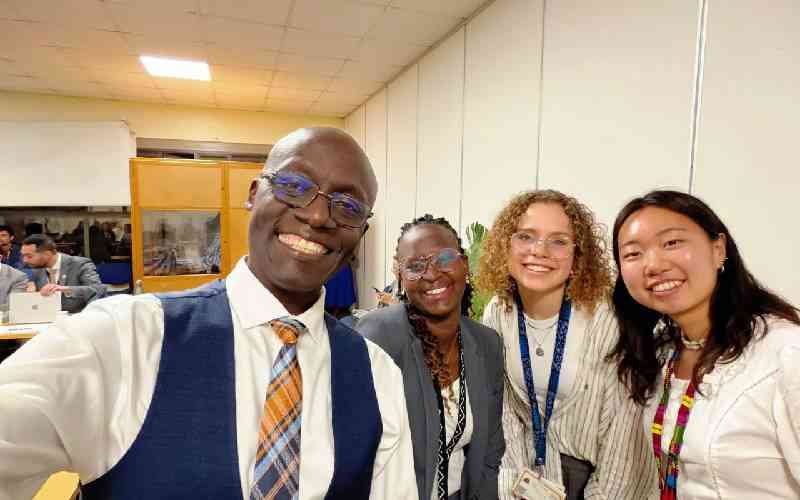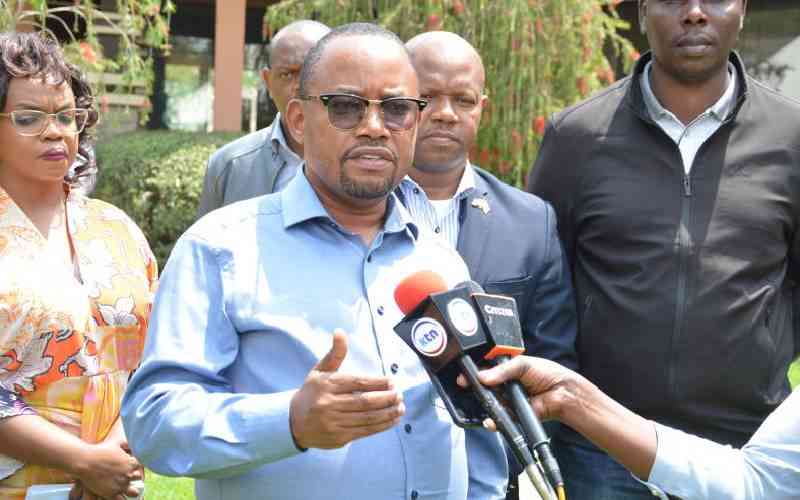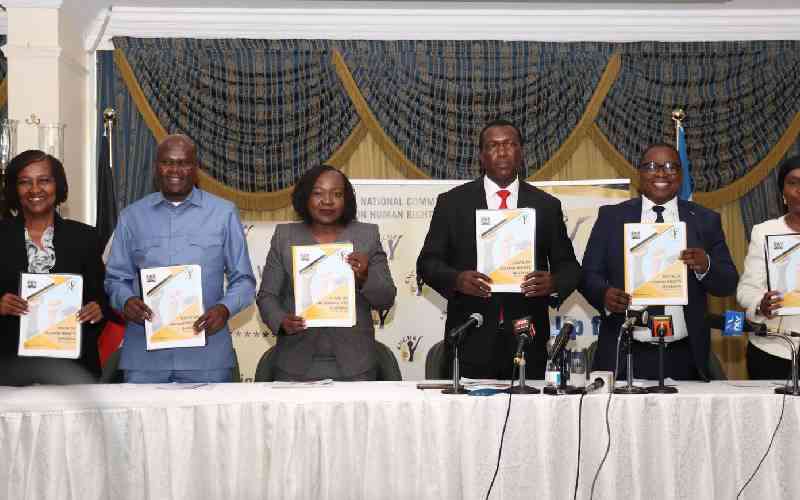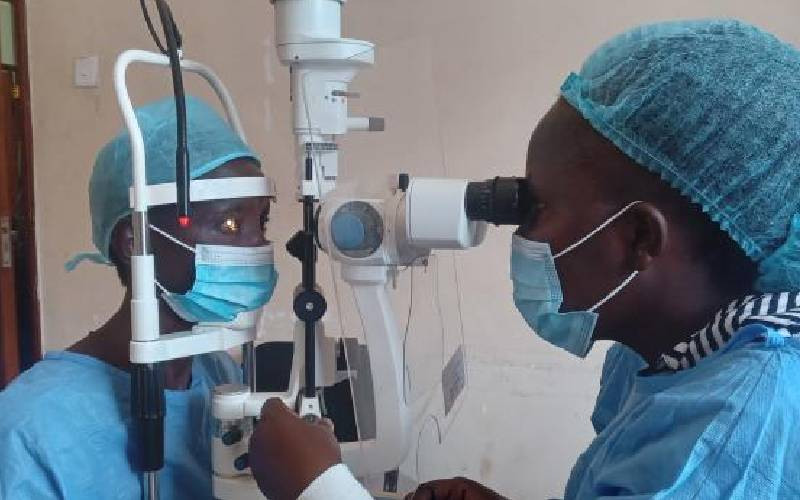
The first-ever global stocktake is set to conclude at the UN Climate Change Conference (COP28).
The global stocktake is a process for countries and stakeholders to see where they're collectively making progress towards meeting the goals of the Paris Climate Change Agreement - and where they're not.
Governments will decide on the global stocktake at COP28, which can be leveraged to accelerate ambition in their next round of climate action plans due in 2025.
The first draft text of the Global Stocktake (GST) was released on Thursday with "textual building blocks" of what may be the final GST reflected in the Dubai agreement that is expected to come out by December 12 or 13.
The building blocks retain all important elements of meeting the Paris goal of keeping the increase in the global average temperature to well below 2 degrees Celsius above pre-industrial levels and pursuing efforts to limit the temperature increase to 1.5 degrees Celsius above pre-industrial levels.
In the energy sector, for instance, likely to be one of the most contentious sections of GST, the building blocks are phasedown/phaseout of fossil fuels and fossil fuel subsidies and coal, no new coal plants, and renewables.
The draft notes that parties (countries) have different responsibilities, national circumstances and capabilities to contribute to achieving the goals of the Paris Agreement, while the impacts and risks associated with warming are unevenly distributed.
Given this, mitigation action should be guided by equity, common but differentiated responsibilities, historical emissions and pre-2020 climate action.
The text acknowledges that significant collective progress towards the Paris Agreement goals have been made with all parties communicating nationally determined contributions that have significantly reduced the expected global temperature increase.
But, there is a rapidly narrowing window to raise ambition and implement existing commitments to limit warming to 1.5 degrees Celsius above pre-industrial levels.
It also calls for an assessment of progress towards delivery of USD 100 billion a year which was long promised by developed nations, and a discussion of adequacy of quantity and quality of finance and debt burdens.
 The Standard Group Plc is a multi-media organization with investments in media
platforms spanning newspaper print
operations, television, radio broadcasting, digital and online services. The
Standard Group is recognized as a
leading multi-media house in Kenya with a key influence in matters of national
and international interest.
The Standard Group Plc is a multi-media organization with investments in media
platforms spanning newspaper print
operations, television, radio broadcasting, digital and online services. The
Standard Group is recognized as a
leading multi-media house in Kenya with a key influence in matters of national
and international interest.

